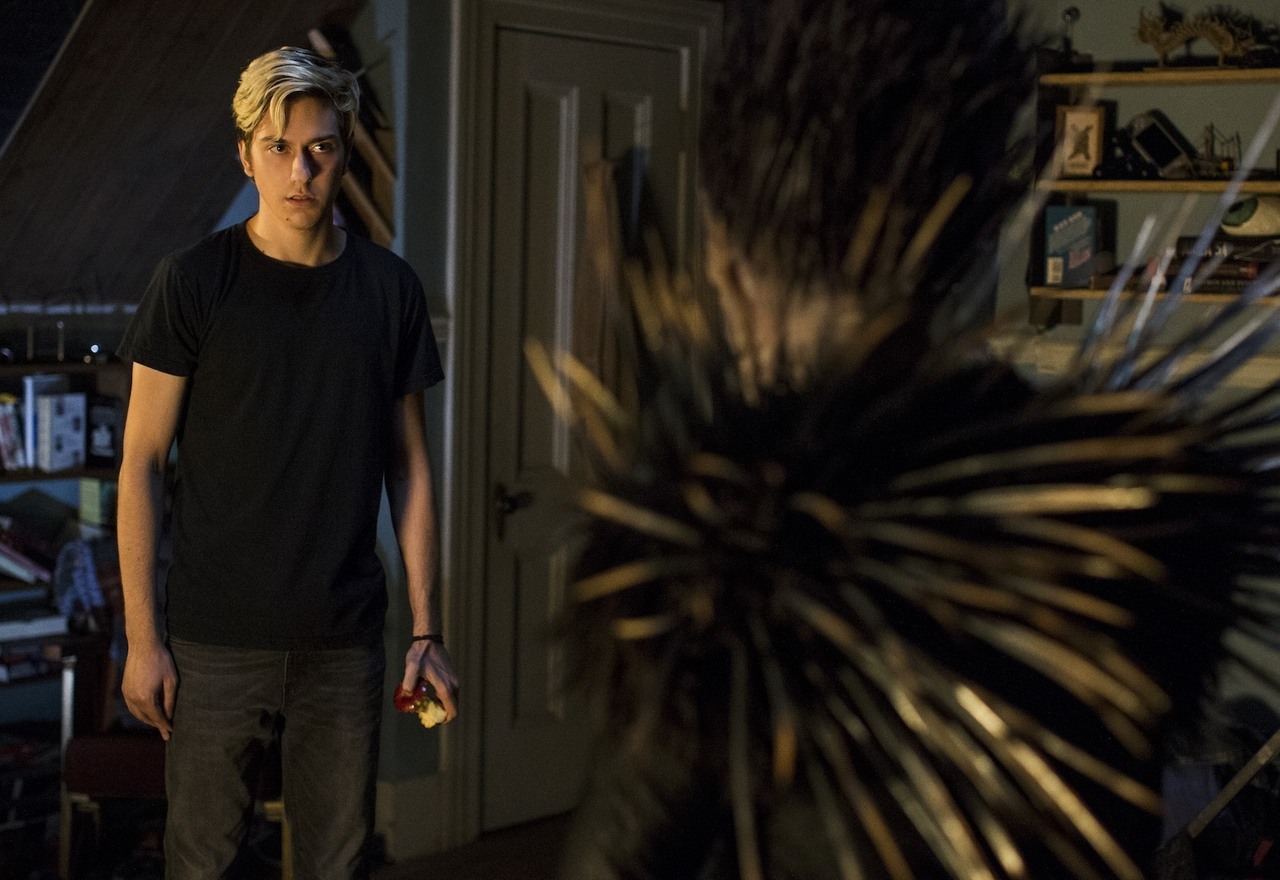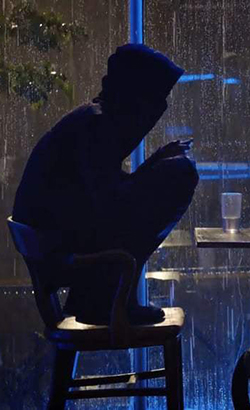Death Note Movie Writes Its Own Obituary

Adaptations are a fickle force to dabble with; you take an established idea and try to see how you can make it your own. Sometimes you get lucky and give a successful idea your own flavor, like with the Tom Cruise movie Edge of Tomorrow which is an adaptation of the manga All You Need Is Kill. Sometimes you get the live action Fist of the North Star, or worse DragonBall Evolution.
Netflix’s Death Note is the latest to attempt the adaption process, based on the insanely popular Japanese manga series written by Tsugumi Ohba and illustrated by Takeshi Obata. Directed by Adam Wingard, the American adaptation premiered August 25.
With so much controversy around it prior to its premiere and the pedigree it has to follow, how does this stand on its own? My review hopes to answer that.
The movie takes place in Seattle; where high school student Light Turner encounters a notebook marked “Death Note” before he is sent to detention. He is visited by the death god Ryuk who tells him that he can cause the death of anyone whose name he writes in the book and the means of how they die, as long as he knows their face.
Light uses the Death Note along with his girlfriend Mia Sutton to rid the world of criminals, improving society under the guise of a god known as “Kira.” Over time, Kira’s killings become beloved by the public, and Light and Mia become lovers. Kira’s actions have drawn attention of “L,” an enigmatic detective, who is determined to stop him.
I went into this one with an open mind, I saw the trailers, read every analysis, and I was determined to avoid comparing it to any of to its source material too much, and because of that fact I can say that it wasn’t the worst thing ever. But it’s still pretty bad.
The good

I will start with what I actually liked about this movie because there are only two items on that list.
“L” was done to perfection; Lakeith Stanfield was able to capture every nuance of the world’s greatest detective, from his overactive sweet tooth to his less than socially accepted seating posture. His delivery was articulate and eloquent, and at the same time intense; I look forward to whatever this man does in the future.
Willem Dafoe was clearly the only choice for Ryuk. He captured the very essence of the sarcastic shinigami, adding much needed humor to some of the more groan-worthy scenes.
There were parts that were just okay, such as the actress playing Mia; Margaret Qualley’s performance as this movie’s version of Misa Amane was adequate and offered more depth than her Japanese counterpart.
I didn’t hate the soundtrack, by overall left unimpressed by it. I can appreciate ’80s soft rock used as atmospheric sound as much as the next guy, but this was a little too overt for my taste.
And Watari was in it, briefly.
All the bad and ugly
Now as for what did nothing but leave a bad taste in my mouth; Light’s father, played by Shea Whigham (Boardwalk Empire, Agent Carter). His acting seemed like Michael Madsen’s Mr. Blonde impersonating Robert DeNiro from Taxi Driver — he wasn’t good and he was not likable.
Light and Mia had no chemistry, I was never convinced that these two had the hots for each other.
The overall narrative felt like a bad fanfiction crossover of the manga and Quentin Tarrantino’s True Romance. The whole idea of these kids getting aroused by killing people was kinda dumb, and uninspired; other movies have done this better.
Any nods to the source material seemed not to try very hard; I won’t go into detail because they are in great number and I want to avoid spoilers if I can.
The biggest offense has to be Light himself; Nat Wolf played Light as if he were Xander from Buffy the Vampire Slayer — snarky, immature, indecisive, and non-threatening.
He’s given the power of god, and uses it to impress a sociopathic high school cheerleader!
The movie tells us he’s smart, but his actions betray that — he makes stupid mistake after stupid mistake, so much to the point that L doesn’t even perceive him as a threat once he points out that he is Kira.
Also he’s never in control during the first two acts, and most of the third, and when he seems to have had a plan it feels like the work of deus ex machina, but given the nature of this franchise I suppose that’s a bit redundant.
I went into Death Note with low expectations, and they were met. I nerd raged, I laughed, albeit uncomfortably, but I have seen worse.
It’s not DragonBall Evolution or The Last AirBender bad, but I wouldn’t watch it again.
I give Death Note (2017, TV-MA, Netflix) 2 out of 5.



